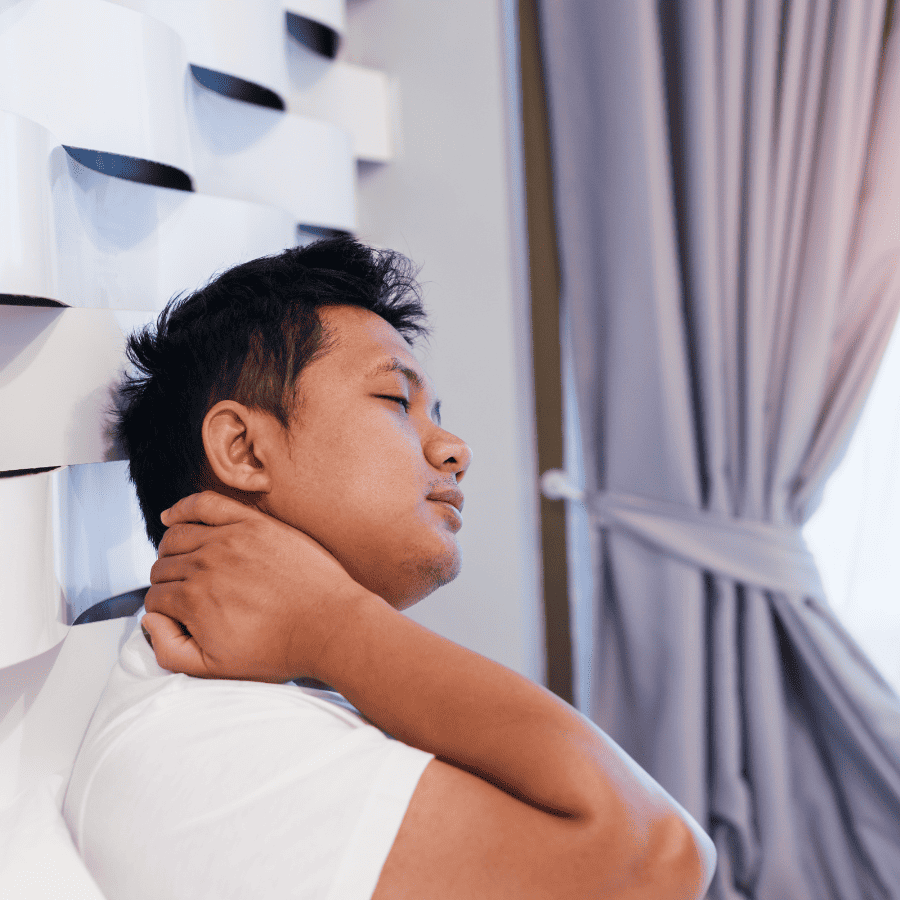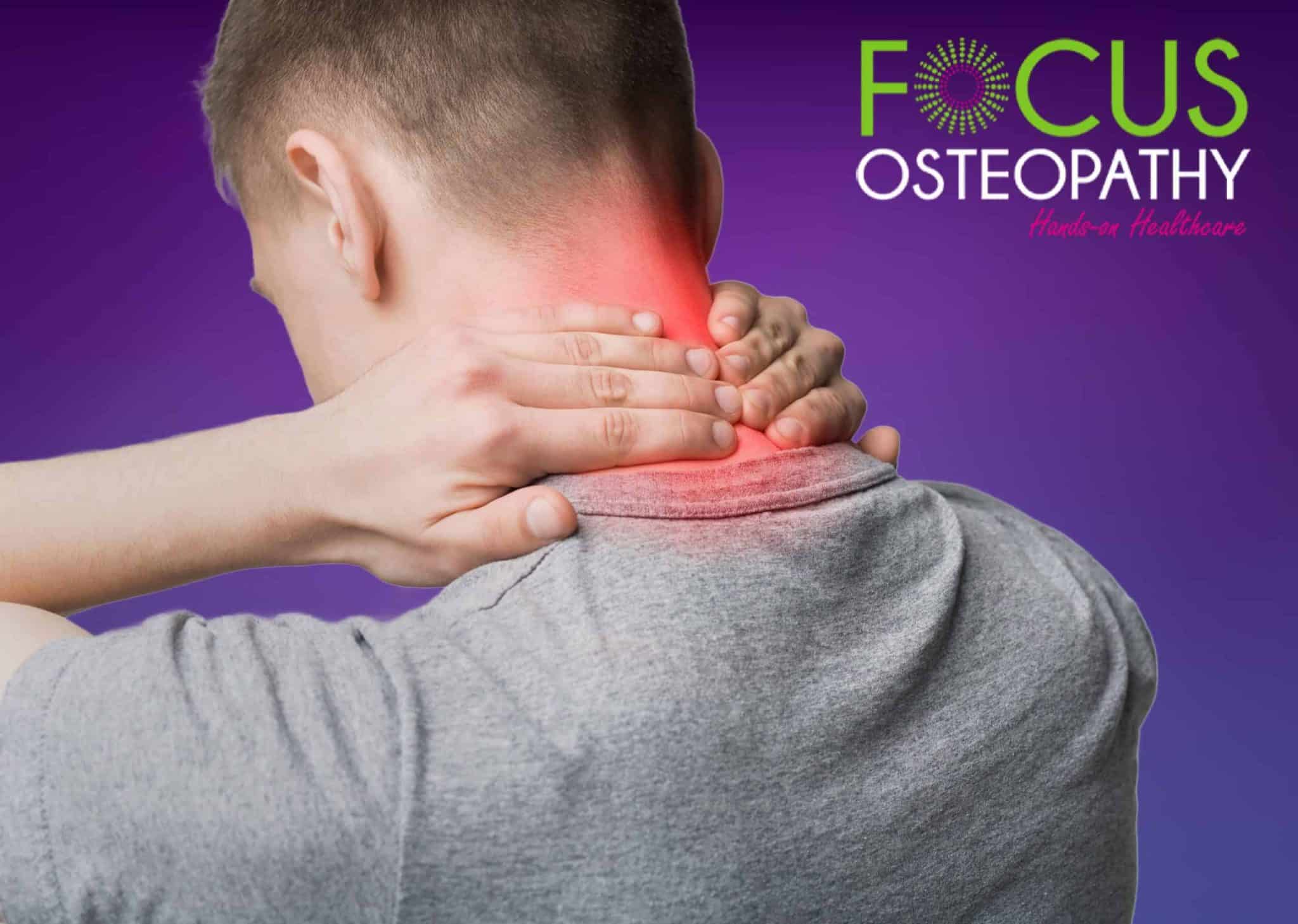8 Ways Neck Pain Can Disrupt Your Daily Life—and How Osteopathy Can Help
Neck pain is a common issue that many people experience at some point in their lives. While it might seem like just a minor inconvenience, the reality is that neck pain can have a significant impact on your daily routine, affecting everything from your work performance to your ability to enjoy leisure activities. In this … Read more






